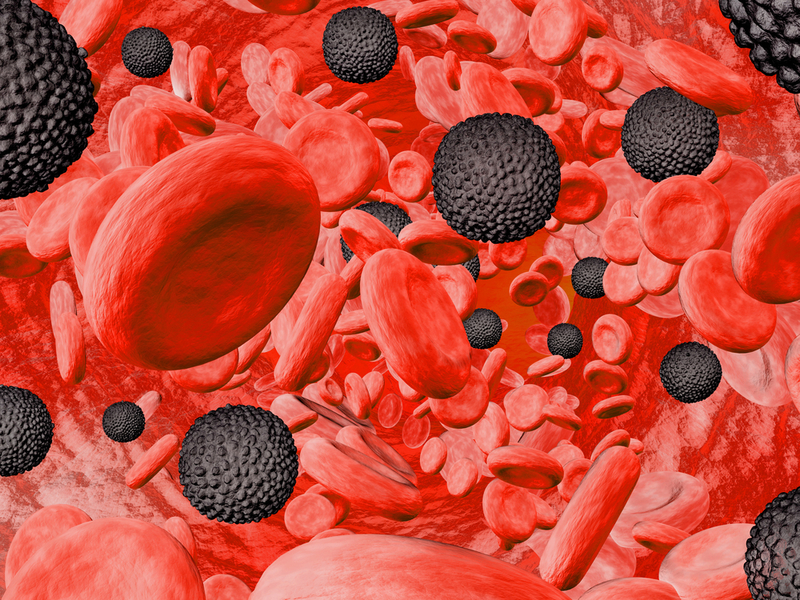A magnetic wire may help in the early detection of cancer
IANS Jul 18, 2018
Scientists, including one of Indian origin, have developed a magnetic device that could capture scarce and hard-to-capture tumour cells in the bloodstream, an advance that could lead to efficient and early detection of cancer.

The study revealed that a magnetic wire, after being threaded into a vein, could attract special magnetic nanoparticles engineered to catch tumour cells that may be roaming in the bloodstream. These cells that have sloughed off the tumour and cruise the bloodstream freely, can serve as cancer biomarkers, signalling the presence of the disease.
"If we can get this thing to be really good at sucking up cancer cells, you might consider an application where you leave the wire in longer term. That way it almost acts like a filter that grabs the cancer cells and prevents them from spreading to other parts of the body," said Sanjiv Sam Gambhir, from Stanford University in the US.
Usually, the tumour cells are often scarce, and a blood draw only samples of a few milliliters of the total blood volume, which in adult humans is about 5 liters. However, the new technique, which has only been used in pigs so far, attracts from 10-80 times more tumour cells than current blood-based cancer-detection methods, making it a potent tool to catch the disease earlier.
The technique, reported in the journal Nature Biomedical Engineering, could even help doctors evaluate a patient's response to particular cancer treatments. If the therapy is working, tumour-cell levels in the blood should rise as the cells die and break away from the tumour, and then fall as the tumour shrinks, Gambhir explained. It could also be used to gather genetic information about tumours located in hard-to-biopsy places or to provide information about the efficacy of cancer treatments.
-
Exclusive Write-ups & Webinars by KOLs
-
Daily Quiz by specialty
-
Paid Market Research Surveys
-
Case discussions, News & Journals' summaries